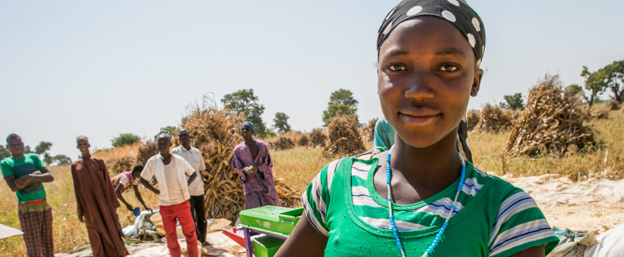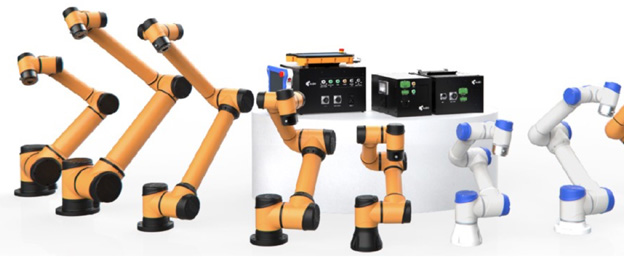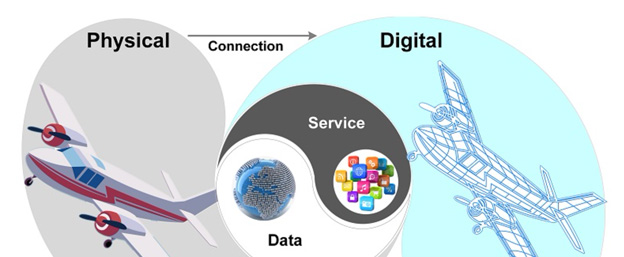F1000 publishing venues
Find the best publishing venue for publishing your research openly
F1000 powers a range of publishing venues connecting research communities worldwide with easy routes to open research publishing. Our partners include a growing number of funders, institutions, and organizations such as:
- European Commission
- American Nuclear Society
- Wellcome
- The International Association for Health Professions Education (AMEE)
- National Institute for Health and Care Research
- Gates Foundation
- Health Research Board (HRB)
Our open research publishing venues allow you to publish a diverse range of research outputs beyond the traditional Research Article. We welcome submissions from all disciplines and accept articles based on research quality, not research novelty. Plus, peer review takes place after publication, so you don’t have to wait for your research to start making an impact.
Which F1000 publishing venue is right for you? Find the best outlet for your research by exploring all our publishing venues below.
WATCH OUR FREE WORKSHOP
How to make a global impact with your research
Fill in the form below to watch our free author workshop to ensure your article is ready for submission and primed to make a global impact.
F1000 publishing venues
F1000Research

F1000’s flagship open research publishing venue offers rapid publication of all research outputs, including null studies, without editorial bias. F1000Research accepts research from all disciplines.
Open Research Europe

From the European Commission, Open Research Europe publishes research stemming from Horizon 2020, Horizon Europe, and Euratom funding. Open Research Europe accepts submissions across all subject areas.
Wellcome Open Research

Wellcome Open Research is a new way for researchers funded or co-funded by Wellcome to publish any results they think are worth sharing in an open, rapid, and transparent manner.
Gates Open Research

Gates Open Research is an open publishing venue supporting rapid, author-led publication and open peer review of research funded by the Bill & Melinda Gates Foundation.
HRB Open Research

HRB Open Research is an open research publishing venue for researchers funded by Ireland’s Health Research Board to rapidly publish their research outputs in an open and accessible way.
Health Open Research

Health Open Research is an open publishing venue for researchers working in health, medical and social care research offering rapid publication of scholarly articles and other research outputs without editorial bias.
Open Research Africa

Open Research Africa publishes open research by those affiliated with Science for Africa (SFA) Foundation, the African Academy of Sciences (AAS), and the Africa Research Excellence Fund.
MedEdPublish

From the AMEE: The International
Association for Health Professions Education, MedEdPublish covers teaching, learning, and assessment topics in medical and health professions education.
Cobot

Developed by AUBO Intelligent Science and Technology Co. Ltd, Cobot is the first open research publishing venue for all research related to the science and technology of collaborative robots.
Digital Twin

From Beihang University in China, Digital Twin provides scientists, scholars, and clinicians working in ‘digital twin’ technologies and applications with a place to publish their research openly and rapidly.
Stosunki Międzynarodowe

Developed by The University of Warsaw’s Faculty of Political Science and International Relations, Stosunki Międzynarodowe builds on SM-IR’s 40-year publishing record as a leading international relations journal.
Molecular Psychology

Powered by Taylor & Francis and F1000, Molecular Psychology: Brain, Behavior, and Society welcomes research investigating the molecular mechanisms of behavior.
NIHR Open Research

NIHR Open Research complements the National Institute of Health and Care Research (NIHR) Journals Library. Together they ensure findings from all NIHR-funded research are publicly available.
Routledge Open Research

Routledge Open Research allows scholars to publish their research outputs swiftly and in an open and accessible way. The venue accepts research from all areas of the arts, humanities, and social sciences.
Bioethics Open Research

Developed by Taylor & Francis in association with the American Journal for Bioethics, Bioethics Open Research is a publishing venue for researchers working across all areas of bioethics.
Nuclear Science and Technology Open Research

From the American Nuclear Society (ANS), Nuclear Science and Technology Open Research (NSTOR) welcomes nuclear science and technology research.
Why publish on an F1000 publishing venue?
Explore the latest blogs

Peer review is not just quality control, it is the backbone of modern scientific and academic publishing, ensuring the validity and credibility of research articles. While it may seem like…

The peer review process is a fundamental component of scholarly publishing, ensuring the quality and credibility of academic research. After submitting your manuscript to a publishing venue, it undergoes rigorous…

Peer review is an integral part of scholarly communication and academic publishing. A key player in this process is the peer reviewer, who is typically a recognized expert in the…
